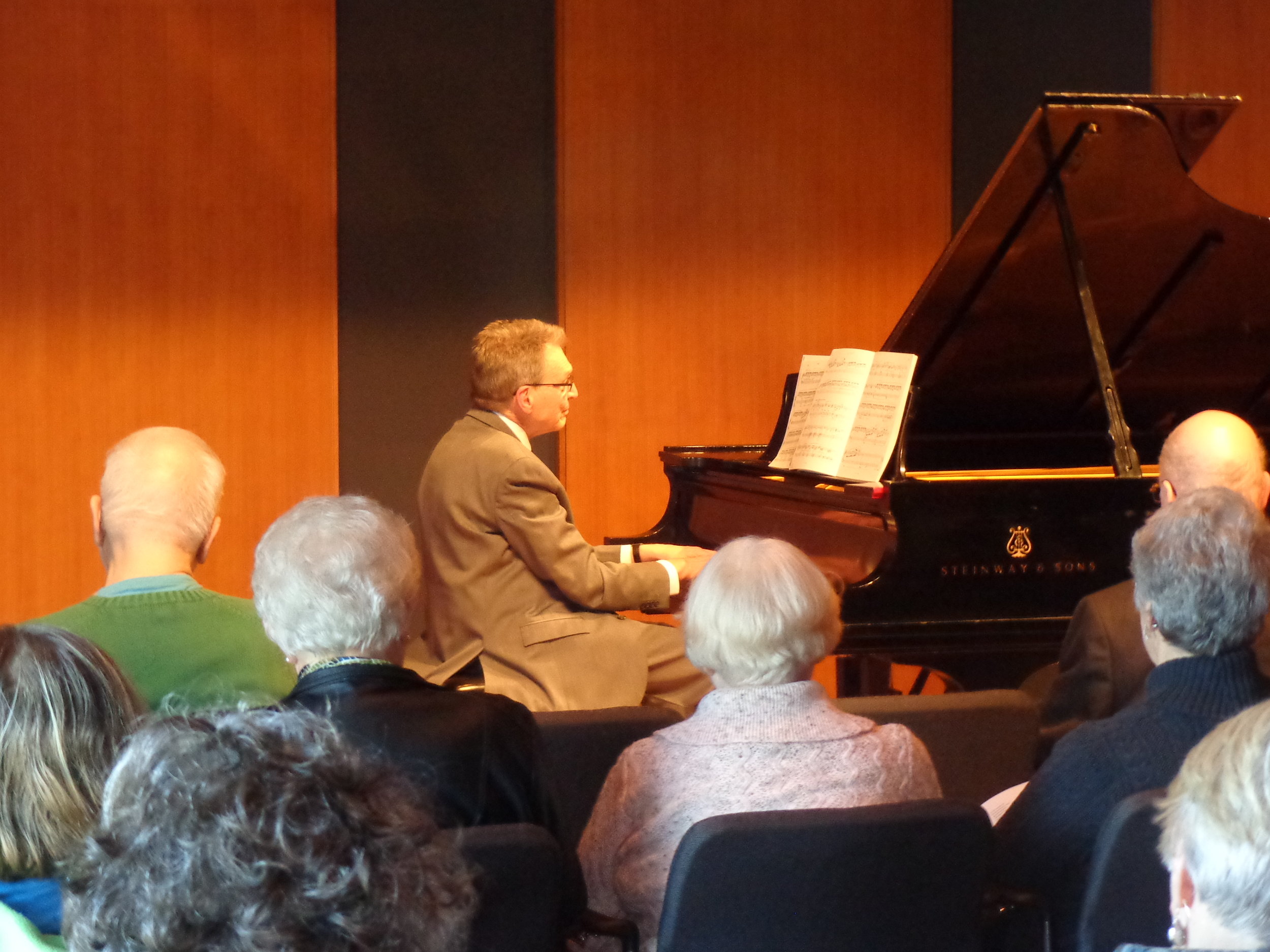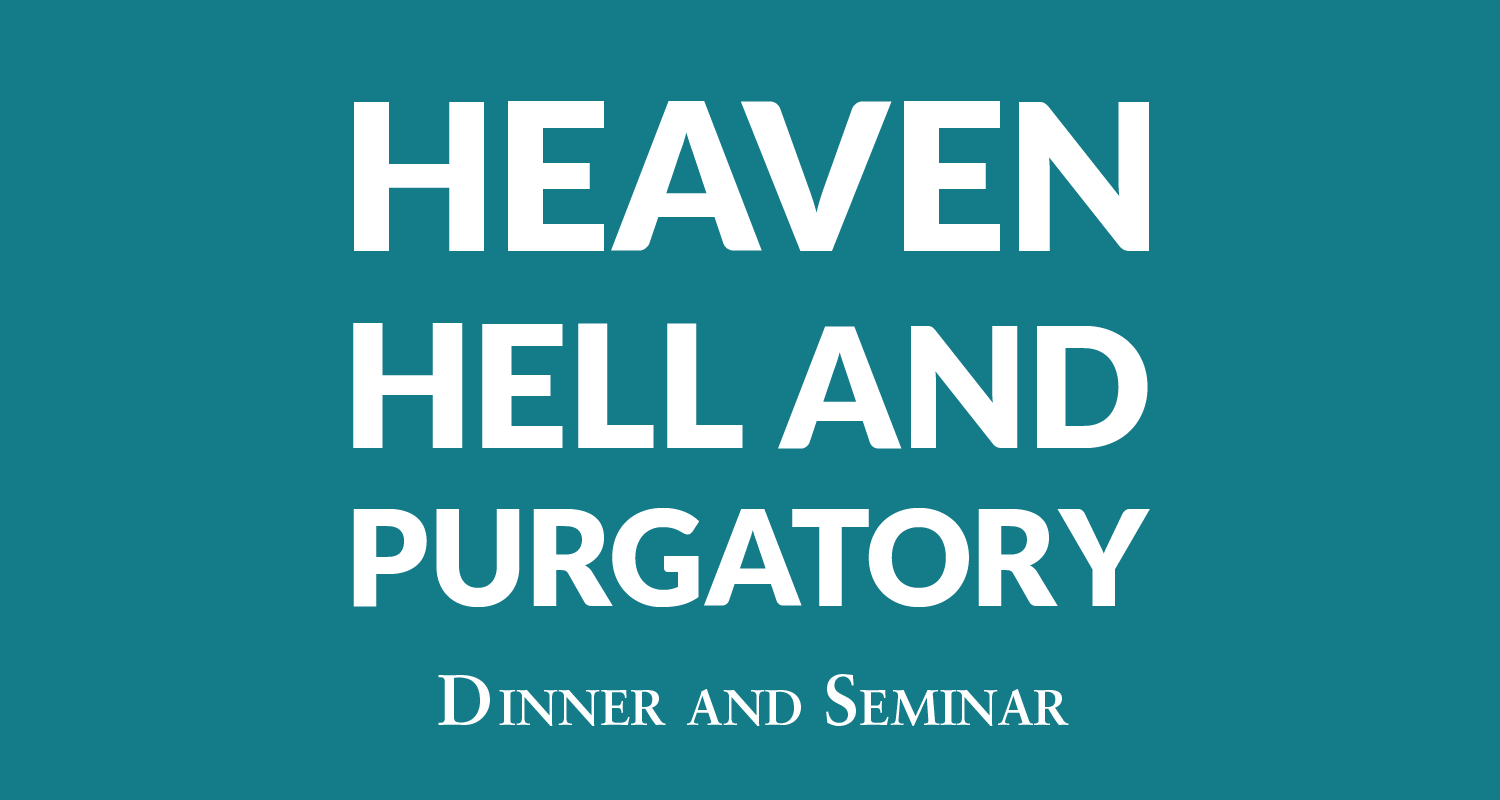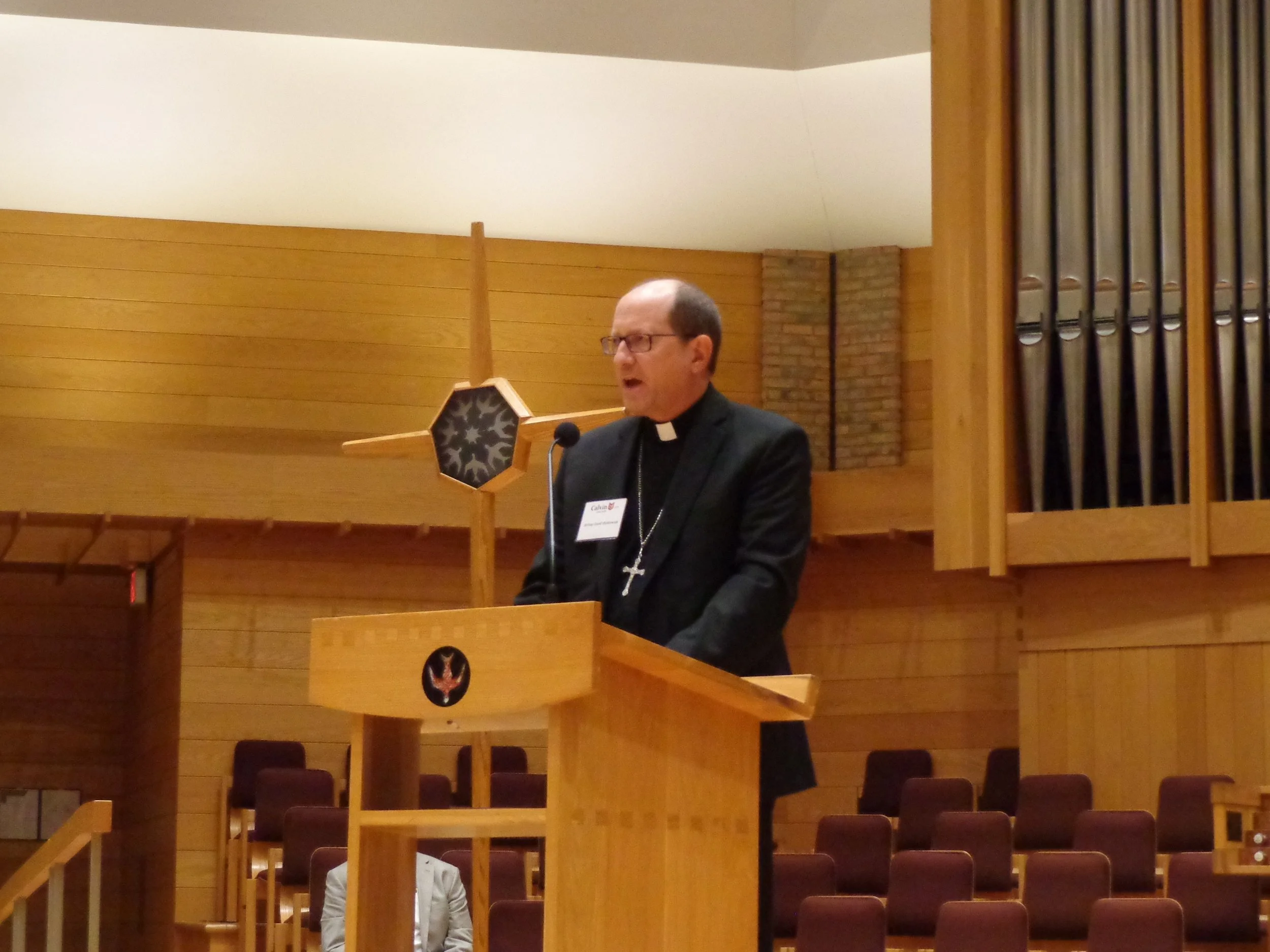Fr. Nick's Dimnent Debut
On Wednesday, March 7, 2018 hundreds of Hope students gathered in Dimnent Memorial Chapel as they do every Monday, Wednesday and Friday for a twenty-five minute worship service. This worship service includes a short message. Student regularly hear from the Hope College chaplains, their peers, and special guests. On this particular day the guest speaker was our very own Saint Benedict chaplain, Fr. Nicholas Monco OP. Listen to the talk here.
Fr. Nick was introduced by his friend and dean of the chapel, Rev. Trygve Johnson. He then began with a word from 1 Peter 5: 1-7 which says,
"So I exhort the elders among you, as a fellow elder and a witness of the sufferings of Christ as well as a partaker in the glory that is to be revealed. Tend the flock of God that is your charge, not by constraint but willingly, not for shameful gain but eagerly, not as domineering over those in your charge but being examples to the flock. And when the chief Shepherd is manifested you will obtain the unfading crown of glory. Likewise you that are younger be subject to the elders. Clothe yourselves, all of you, with humility toward one another, for “God opposes the proud, but gives grace to the humble.” Humble yourselves therefore under the mighty hand of God, that in due time he may exalt you. Cast all your anxieties on him, for he cares about you."
Fr. Nick explained a bit about his life as a Dominican highlighting the vows of poverty, chastity and obedience. Through the practice of poverty, Fr. Nick says, he detaches from his material possessions. By practicing chastity he detaches from his own body. And through the practice of obedience, the final and perhaps most challenging of the vows, he detaches from his own will.
“Likewise you that are younger be subject to the elders. Clothe yourselves, all of you, with humility toward one another, for “God opposes the proud, but gives grace to the humble.””
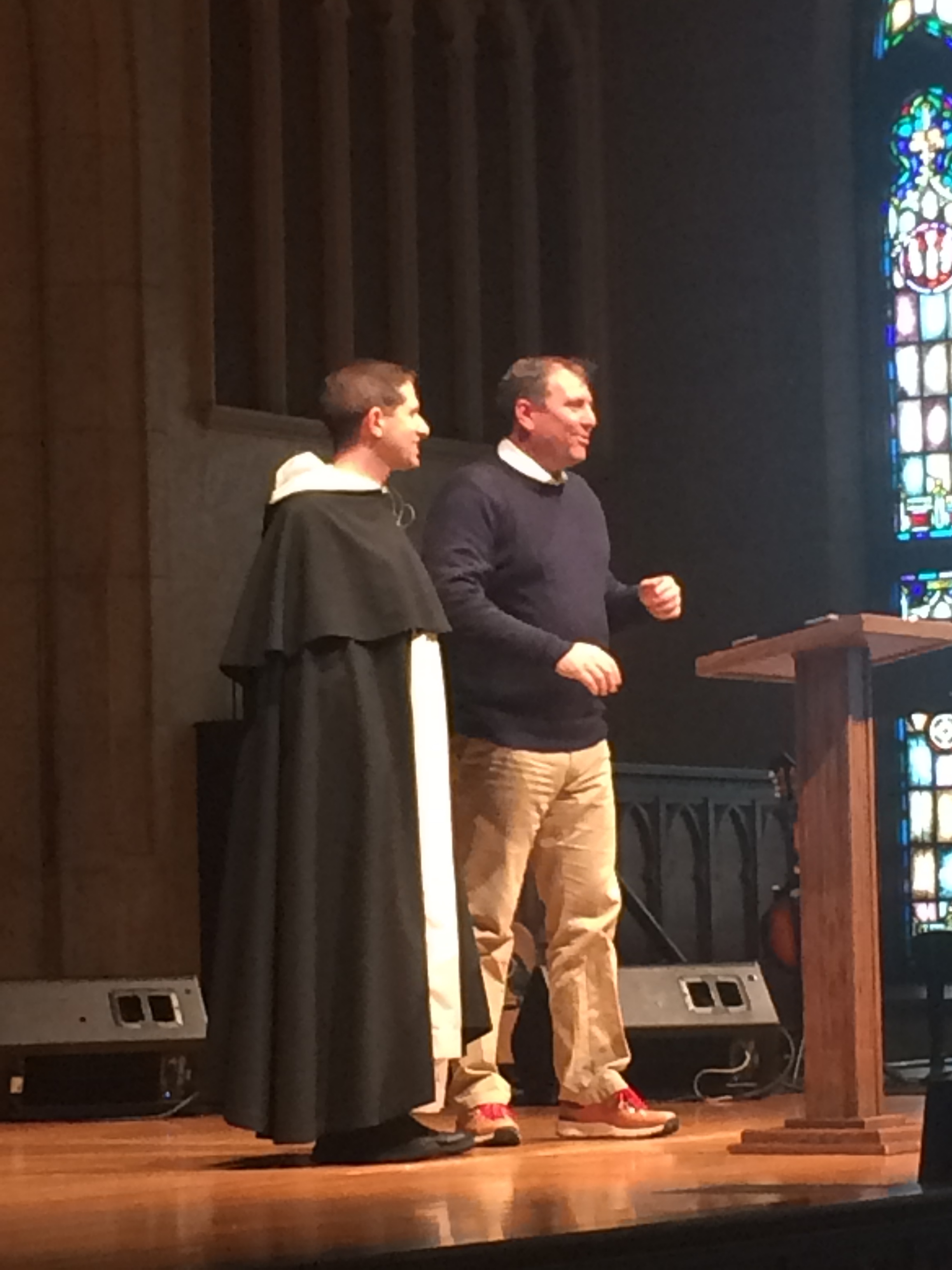
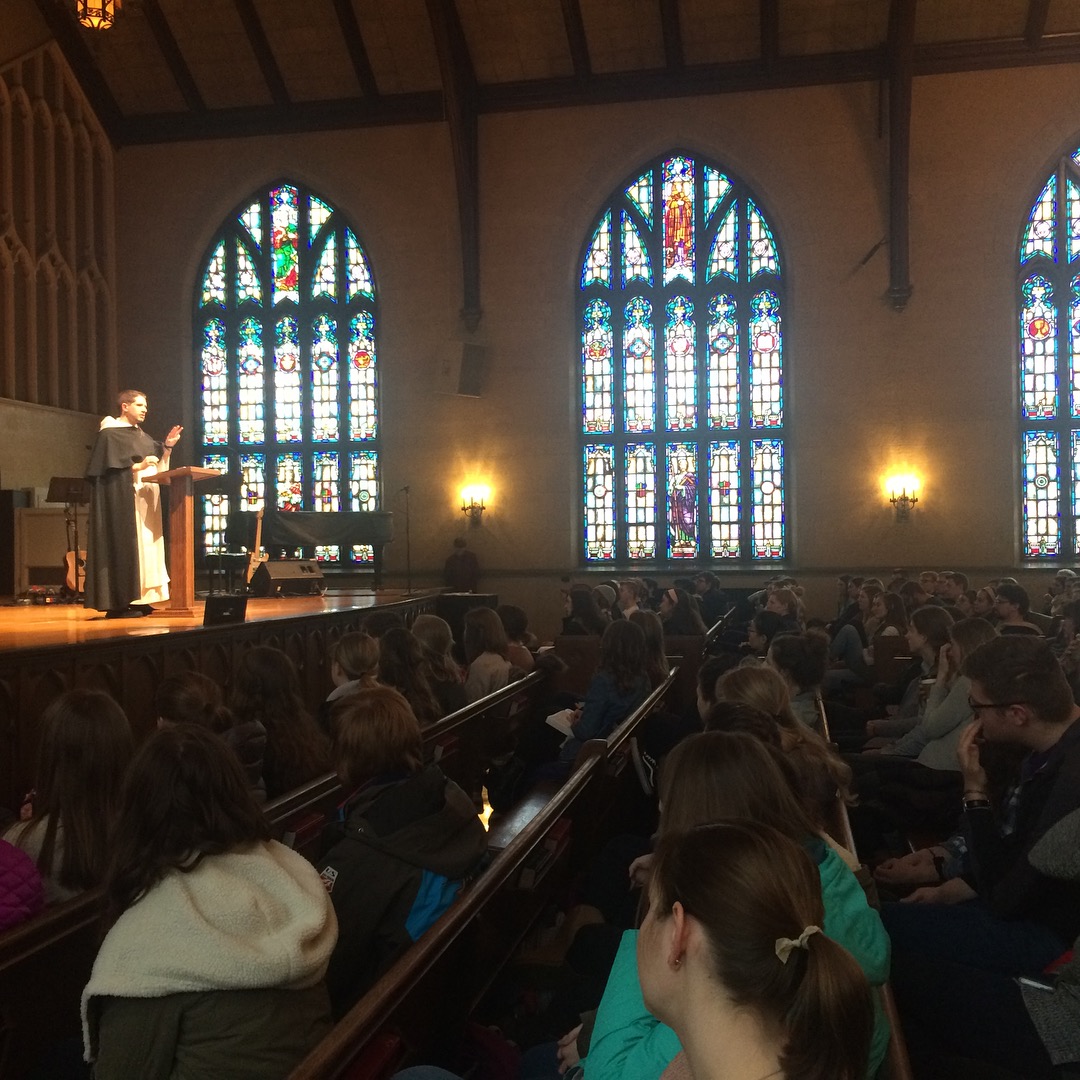
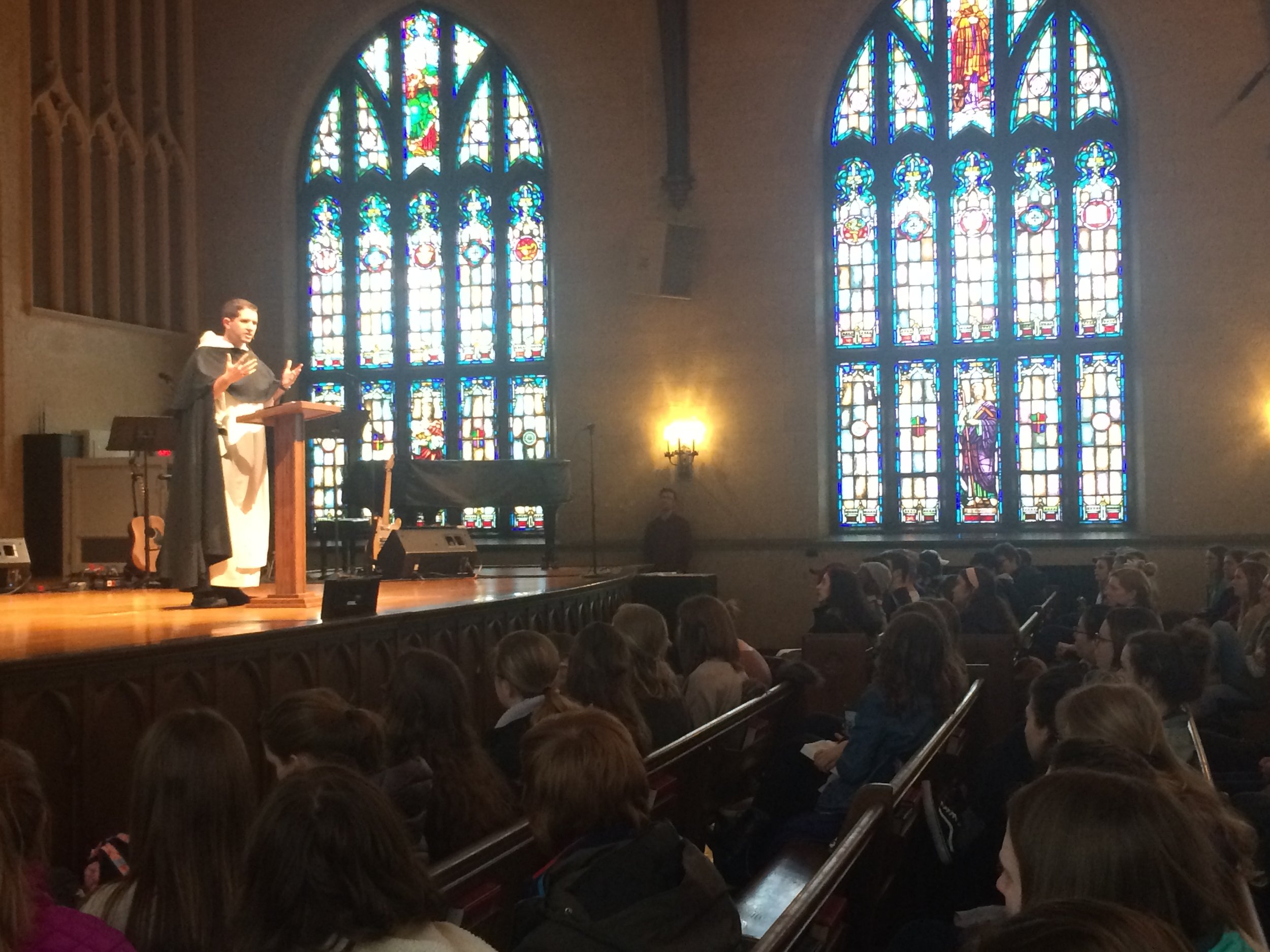
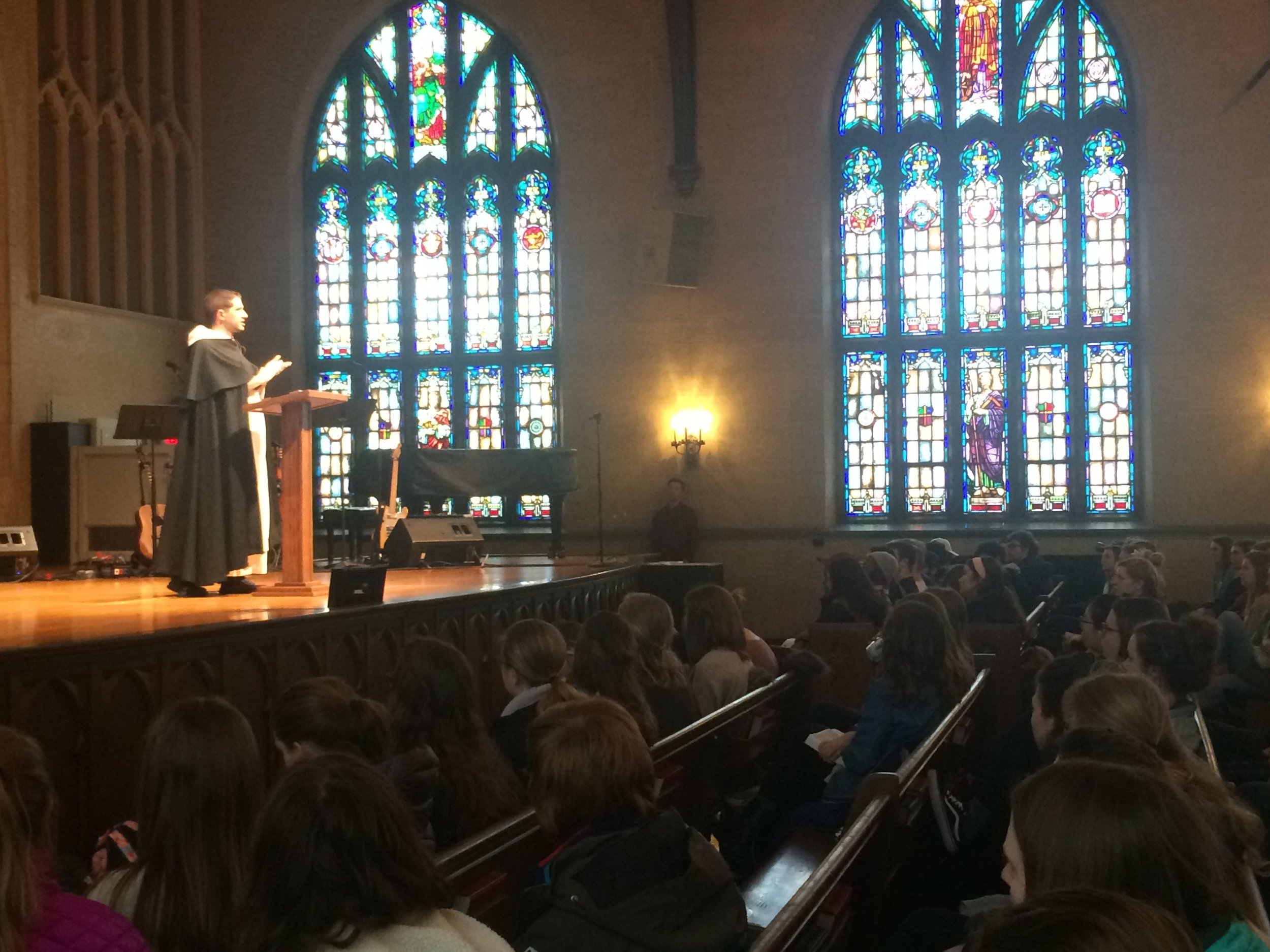
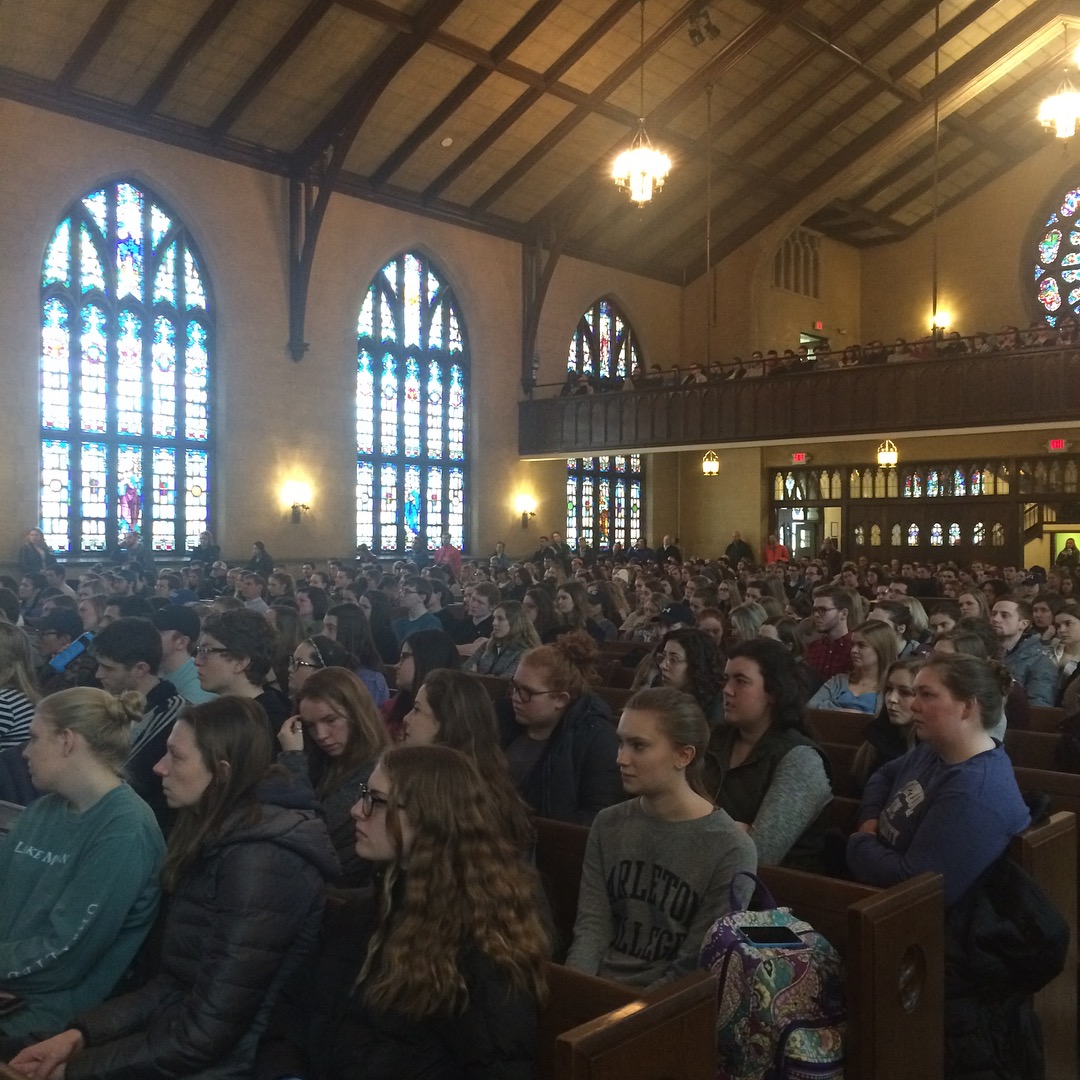

For the remainder of his time on the Dimnent stage Fr. Nick focused on the blessings of the virtue of obedience. In his life these blessings have included the opportunity to do things that he would not have chosen for himself, like working as a chaplain at Hope College, a lasting peace about the future and a certainty in following God's will through the direction of his superiors.










